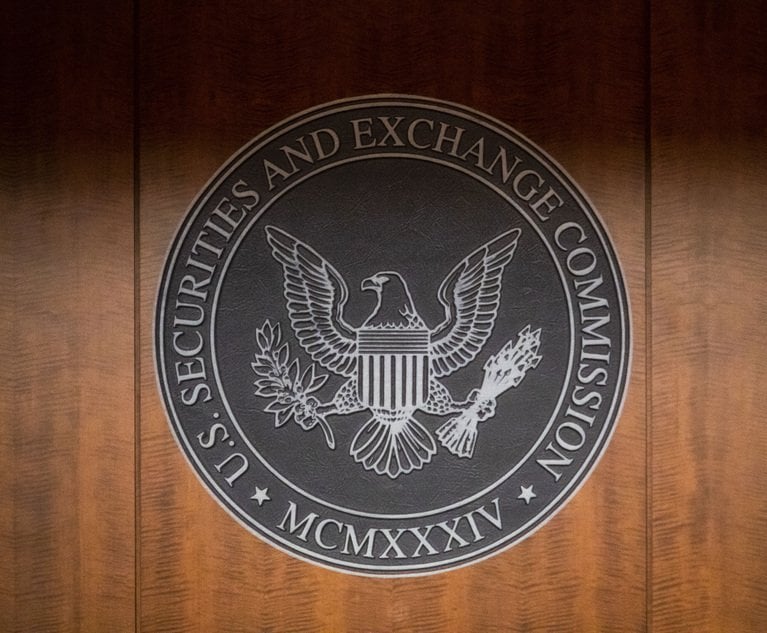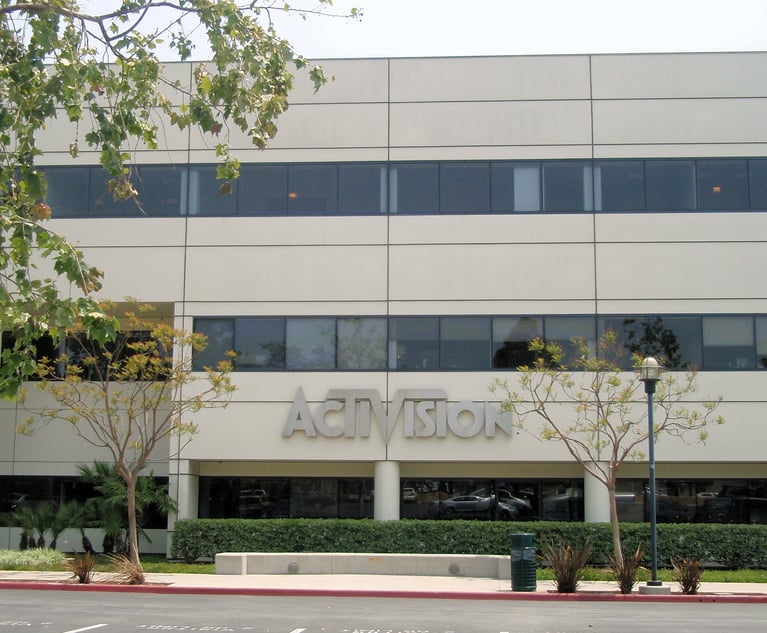It is an article of faith that a company seeking to acquire a business without being saddled with its liabilities does so by acquiring assets: “Most jurisdictions, including Massachusetts, follow the traditional corporate law principle that the liabilities of a selling predecessor corporation are not imposed upon the successor corporation which purchases its assets …,” as in Milliken & Co. v. Duro Textiles, 451 Mass. 547, 556, 887 N.E.2d 244, 254 (2008). As a general proposition, that works. There are, however, exceptions to the general rule, including one known as the de facto merger.
The de facto merger concept is one with fuzzy boundaries, aimed at the transaction which results in the purchaser essentially stepping into the shoes of the selling business. But in most asset acquisitions, the buyer continues the seller’s business to some extent, so the trick is to figure out when the continuity is so great that the buyer could be held accountable for the seller’s liabilities. To make that determination, courts weigh several specified factors. However, “no single factor is necessary or sufficient to establish a de facto merger,” as in Cargill v. Beaver Coal & Oil, 424 Mass. 356, 360, (1997). That is to say, the absence of any one factor will not preclude a finding of de facto merger, and the presence of some amount of each factor would not compel a finding of de facto merger.










